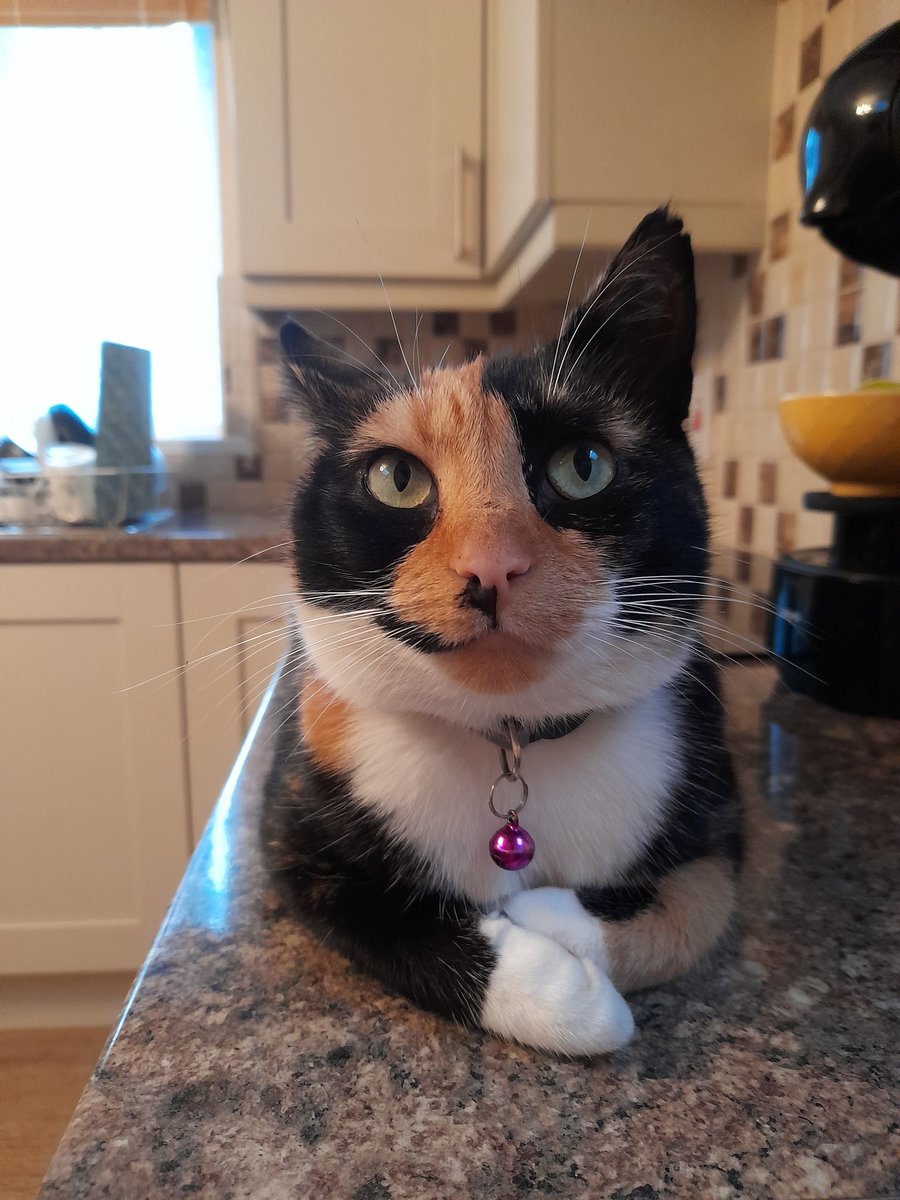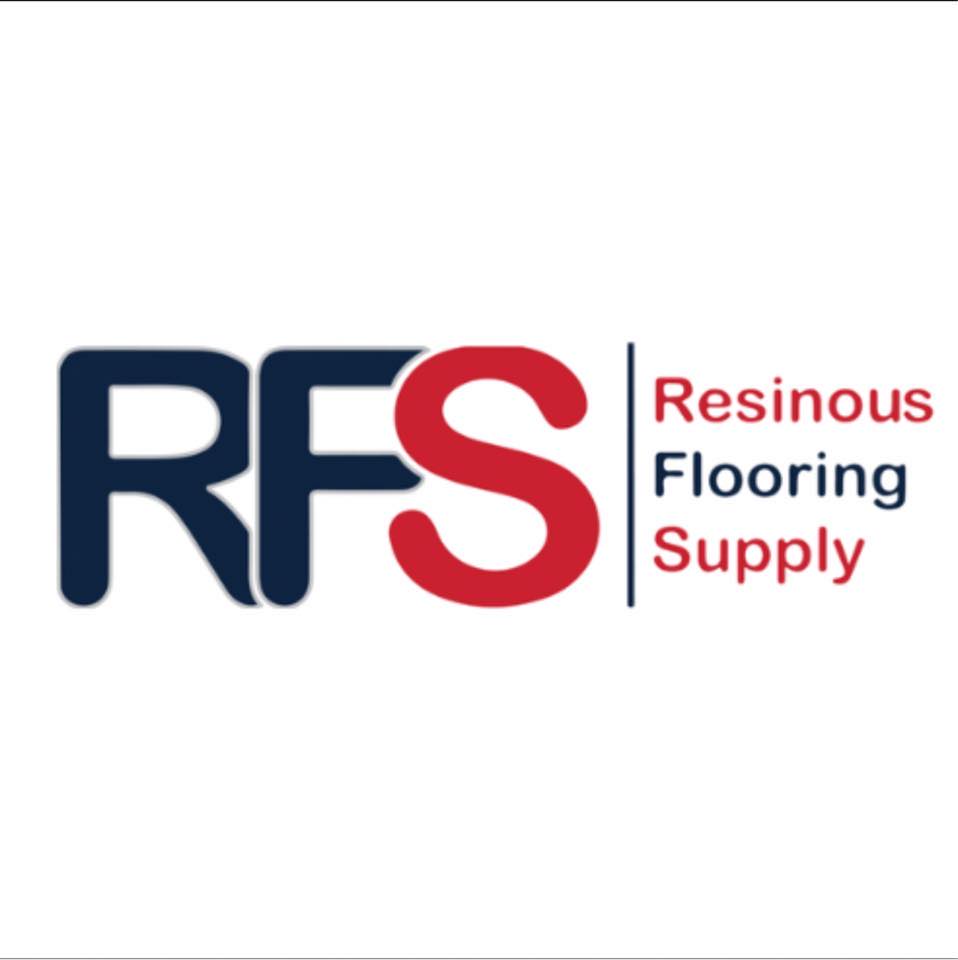If you’re a cat owner, you’re likely familiar with the joys and challenges that come with having a furry feline companion. While the love and companionship they provide are priceless, dealing with cat litter dust can be a real nuisance. Cat litter dust not only affects the cleanliness of your home but can also have adverse effects on indoor air quality. In this blog post, we will explore the top air filters that can help you combat cat litter dust and improve the overall air quality in your home.
Understanding the Issue
Before we delve into the best air filters for cat litter dust, it’s essential to understand the problem. Cat litter dust is primarily composed of fine particles that become airborne when your cat digs in the litter box or when you clean and change the litter. These particles can carry allergens, bacteria, and odors, making it important to address this issue to maintain a healthy living environment.
Benefits of Air Filters
Investing in a high-quality air filter can have numerous benefits for both you and your feline friend. Here are some advantages:
Improved Air Quality
Air filters can effectively capture and remove cat litter dust particles, leading to cleaner and fresher air in your home.
Allergy Relief
If you or your family members have allergies, an air filter can help reduce allergen exposure and alleviate symptoms.
Odor Control
Some air filters are equipped with odor-eliminating features, which can be a lifesaver in homes with multiple cats.
Healthier Environment
Cleaner air contributes to a healthier indoor environment, reducing the risk of respiratory issues for both you and your cat.
Now, let’s explore the top air filters that are ideal for combating cat litter dust:
HEPA Filters
HEPA (High-Efficiency Particulate Air) filters are renowned for their ability to capture even the tiniest particles, including cat litter dust. These filters can effectively remove particles as small as 0.3 microns, making them a top choice for cat owners. Look for air purifiers equipped with HEPA filters, as they are excellent at improving air quality and reducing allergen exposure.
Activated Carbon Filters
Activated carbon filters are fantastic for addressing not only cat litter dust but also unpleasant odors. They work by absorbing and neutralizing odors, ensuring your home remains fresh and inviting. These filters are often used in combination with HEPA filters for comprehensive air purification.
UV-C Light Filters
UV-C light filters are an innovative choice for cat owners. They use ultraviolet light to kill bacteria and viruses that may be present in the air due to cat litter dust. This feature can be especially beneficial if you want to maintain a sterile environment in your home.
Ionic Air Purifiers
Ionic air purifiers release negative ions that attach to cat litter dust particles, causing them to fall to the ground, where they can be easily vacuumed or cleaned. While these purifiers are effective at removing dust from the air, it’s important to consider potential ozone emissions, which some ionic purifiers produce.
Particle Counters
To ensure your air filter is effectively removing cat litter dust, you can invest in a particle counter. This device measures the number of particles in the air, allowing you to monitor the filter’s performance and make adjustments if necessary.
Conclusion
Cat litter dust can be a persistent problem for cat owners, but with the right air filter, you can significantly reduce its impact on your home’s air quality. Whether you choose a HEPA filter for particle removal, an activated carbon filter for odor control, or a combination of features, investing in an air purifier is a step toward a healthier and more comfortable living environment for both you and your beloved feline companions. Make sure to consider the specific needs of your household and choose the air filter that best suits your requirements. Your home will be cleaner, fresher, and more enjoyable for everyone in it.
FAQ’s
- Do I really need an air filter for cat litter dust?
Yes, if you have cats, especially if someone in your household has allergies or asthma, an air filter can significantly improve indoor air quality by capturing and removing cat litter dust and its associated allergens and odors.
- What is the difference between HEPA and non-HEPA air filters?
HEPA (High-Efficiency Particulate Air) filters are designed to capture particles as small as 0.3 microns with a high efficiency. Non-HEPA filters may not be as effective at capturing very fine particles, so if cat litter dust is a concern, it’s generally better to choose a HEPA filter.
- Are there air filters specifically designed for pet owners?
Yes, many air purifiers are marketed as “pet-friendly.” They are often equipped with features like HEPA filters and activated carbon filters to address common pet-related issues, such as cat litter dust and pet odors.
- Can air filters completely eliminate cat litter dust?
While air filters can significantly reduce cat litter dust and its associated particles, they may not eliminate it entirely. Regular cleaning of your cat’s litter box and the surrounding area is also essential in minimizing dust.
- How often should I replace the filter in my air purifier?
The frequency of filter replacement depends on the model and usage. Typically, HEPA filters should be replaced every 6-12 months, and activated carbon filters may need replacement every 3-6 months. Consult your air purifier’s user manual for specific recommendations.
- Are there any health risks associated with air filters, like ozone emissions?
Some ionic air purifiers can emit small amounts of ozone, which may be a concern for people with respiratory conditions. It’s essential to choose air purifiers that are certified as safe and low in ozone emissions. HEPA filters, UV-C filters, and activated carbon filters are generally considered safe.
- Can I use more than one type of air filter in my home to address different air quality concerns?
Yes, many air purifiers are designed with multiple filter types, such as HEPA and activated carbon, to address a range of air quality issues, including cat litter dust and odors.
- Do air filters help with allergies caused by cats?
Yes, air filters with HEPA filters can be effective in reducing allergen exposure from cat litter dust and cat dander, making them a valuable tool for allergy sufferers.
- What’s the best location to place an air purifier in my home?
The ideal location for your air purifier depends on your specific needs and the size of the unit. Generally, placing it in the room where your cat’s litter box is located is a good starting point. However, you can also consider placing air purifiers in other commonly used areas of your home for more comprehensive air cleaning.
- Can I clean and reuse air filters to save money?
Most air filters are designed for one-time use and are not meant to be cleaned and reused. Attempting to clean and reuse them may compromise their effectiveness. It’s recommended to follow the manufacturer’s instructions for filter replacement.





